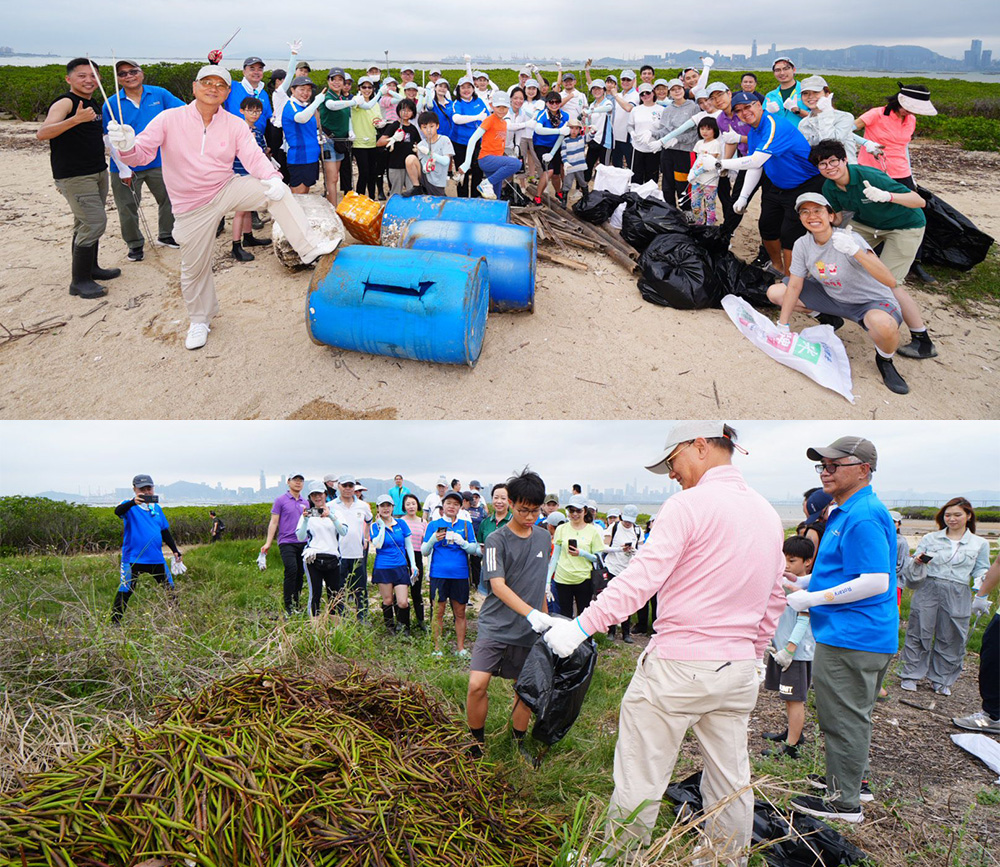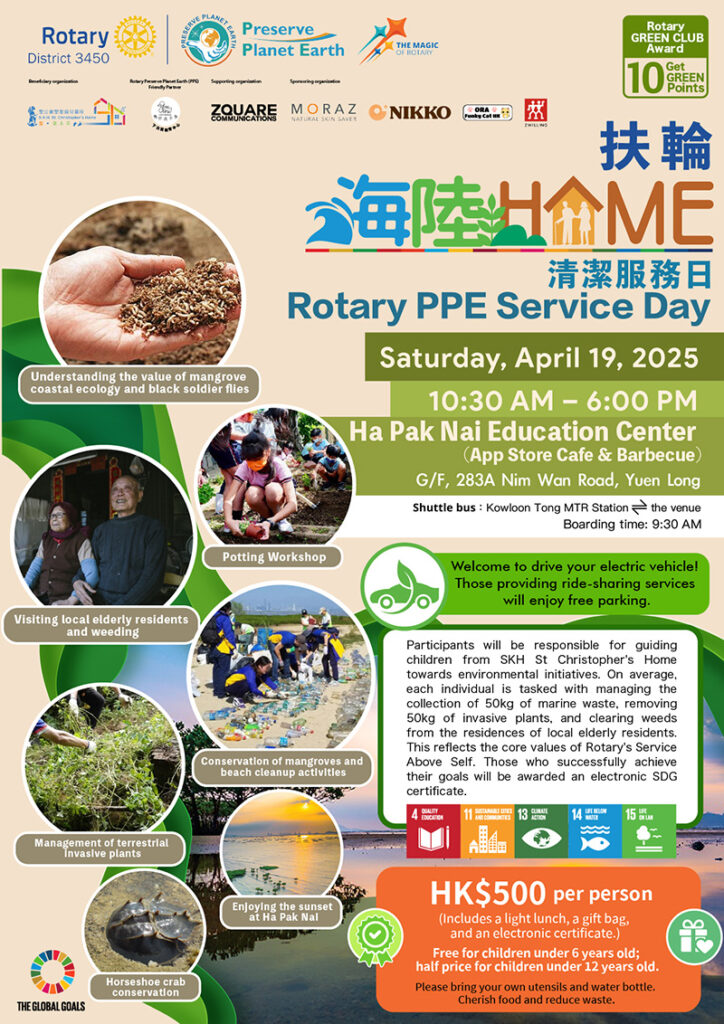
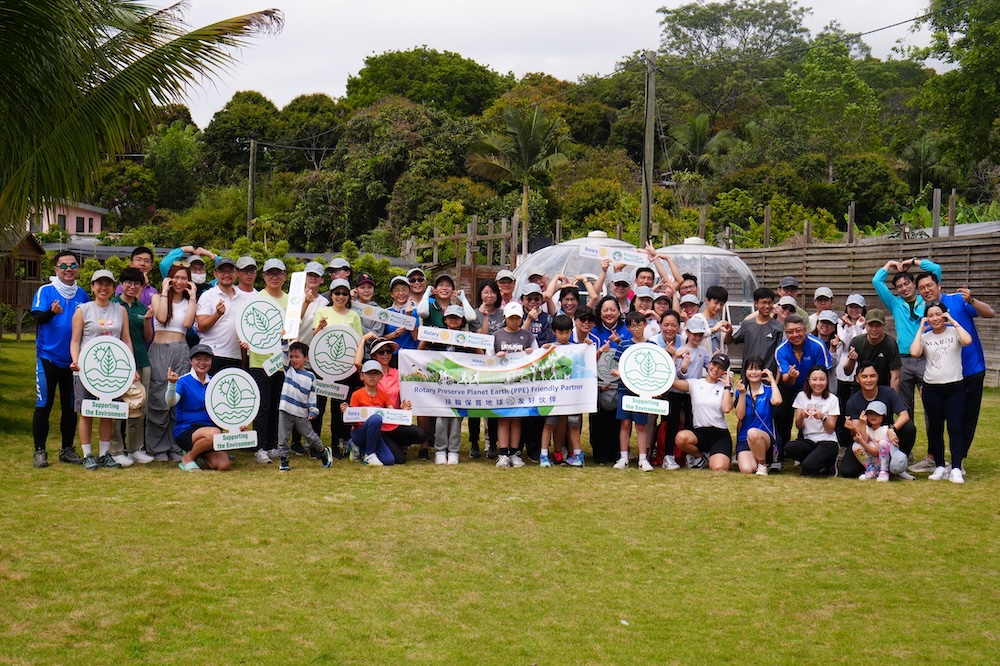
Rotary "Sea. Land. HOME" Cleaning Service Day
Ha Pak Nai
Located in Yuen Long, Ha Pak Nai (下白泥) serves as a green oasis for Hong Kong, renowned for its stunning sunsets that captivate both locals and visitors alike. The District PPE Committee selected this picturesque locale to host the “海陸Home” SDG (Sustainable Development Goals) event, emphasizing the need to protect and nurture its fragile ecosystem. It is hoped that participants would not only enjoy the natural beauty but also engage in meaningful activities that contribute to the sustainable development of the community. Through actions like beach clean-ups and workshops on managing food waste, attendees aimed to embody the spirit of the SDGs. Among those 60+ present were enthusiastic members from different Rotary Clubs, members of the ORA Car Team and several children from St. Christopher’s Home. Together with instructors from event organizer Zquare, they shared an enriching and unforgettable day.
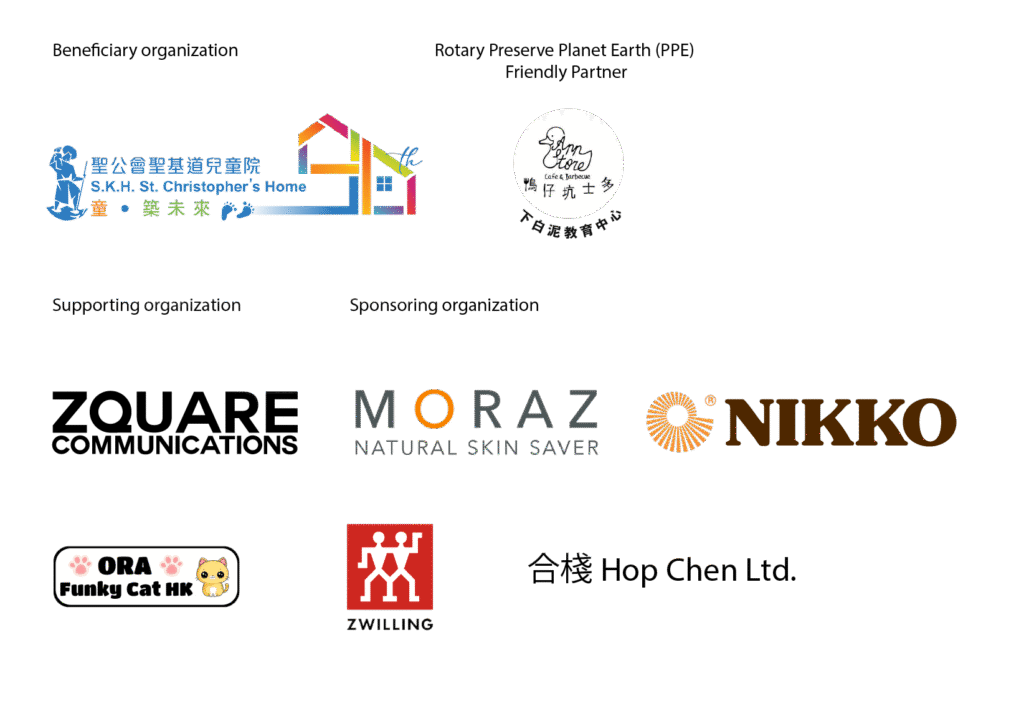
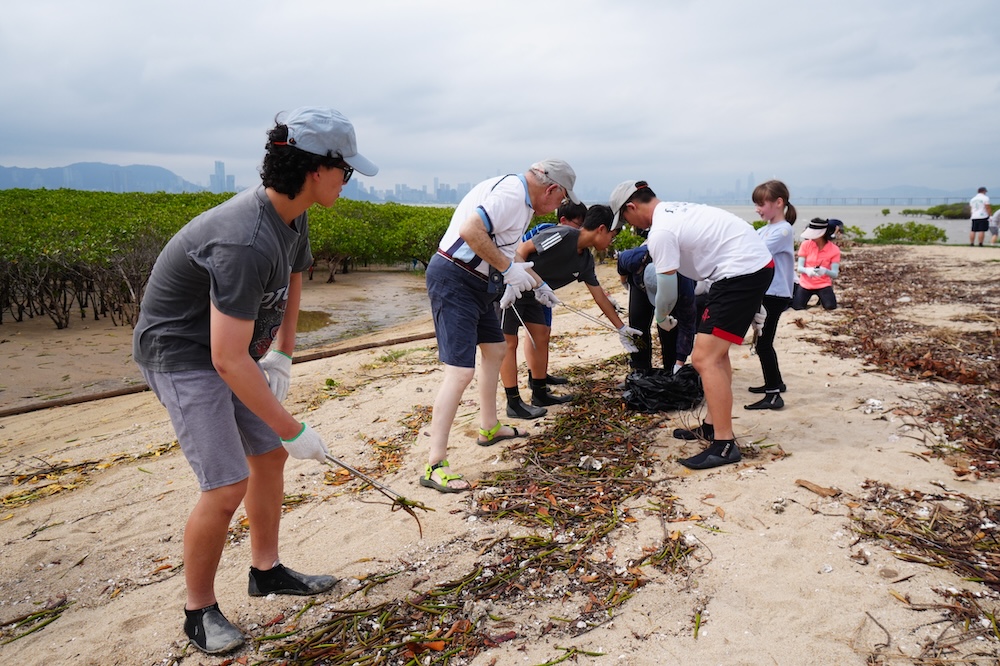
Coastal Ecology and Mangroves (SDGs 4, SDGs 6, SDGs 13, SDGs 14)
The day began with a visit to the Ha Pak Nai Wetland, where participants immersed themselves in the intricate web of wetland ecology. Guided by local expert Kenji (Zquare instructor), we learned about the delicate balance of marine ecosystems and the alarming threats posed by marine debris and microplastics. The session highlighted the critical role of coastal ecosystems and mangroves in supporting biodiversity and the urgent need for sustainable environmental management. Participants were encouraged to think about their personal impact on these ecosystems and the importance of collective action in conservation efforts.
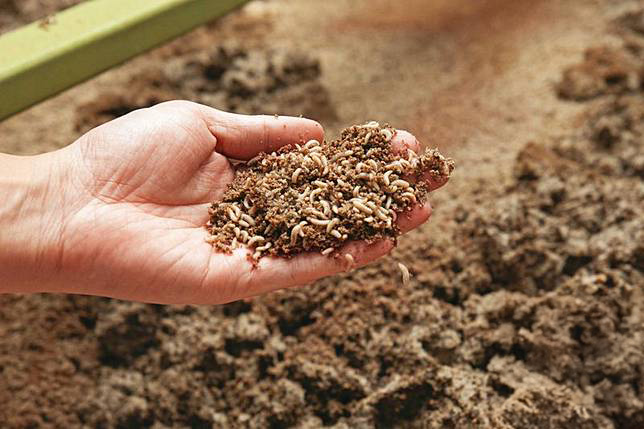
Food Waste Special Forces: The Ecological Value of Black Soldier Flies (黑水虻) (SDGs 11, SDGs 12, SDGs 13)
After exploring the wetlands, the group returned to the center for a fascinating workshop on black soldier flies (黑水虻). Participants discovered from Eric (Zquare instructor) how these remarkable insects play a vital role in processing food waste, fostering resource recycling, and promoting sustainable agriculture. Some members tried holding the black soldier flies, feeling their warmth and wriggly movement. Though they might not appear appealing at first glance, these little creatures are integral to transforming kitchen waste into valuable resources like plant fertilizer and even ingredients for skincare products. The discussion reinforced the idea that waste can indeed become a resource, showcasing how the black soldier fly contributes to a circular economy by minimizing environmental footprints and enhancing sustainable waste management practices.
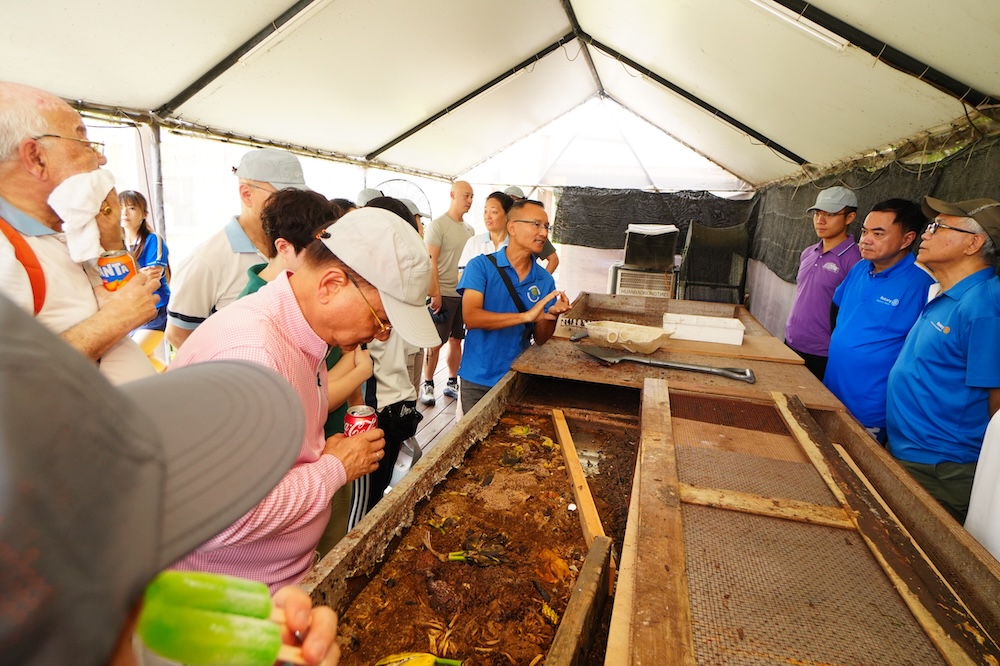
Pot Planting with Black Soldier Fly Fertilizer (SDGs 4, SDGs 11, SDGs 13, SDGs 14)
The next hands-on activity involved using the fertilizer derived from black soldier flies in a pot planting workshop. Participants eagerly engaged in this exercise, using the nutrient-rich fertilizer to grow their own potted plants. This practical experience illustrated the value of resource recycling in sustainable agriculture. Creativity flourished as everyone, including four-year-old Isaac (with a little help from his dad Gary), decorated their pots with colorful designs. This engaging activity fostered a deeper understanding of how resource recycling can lead to sustainable practices at home.
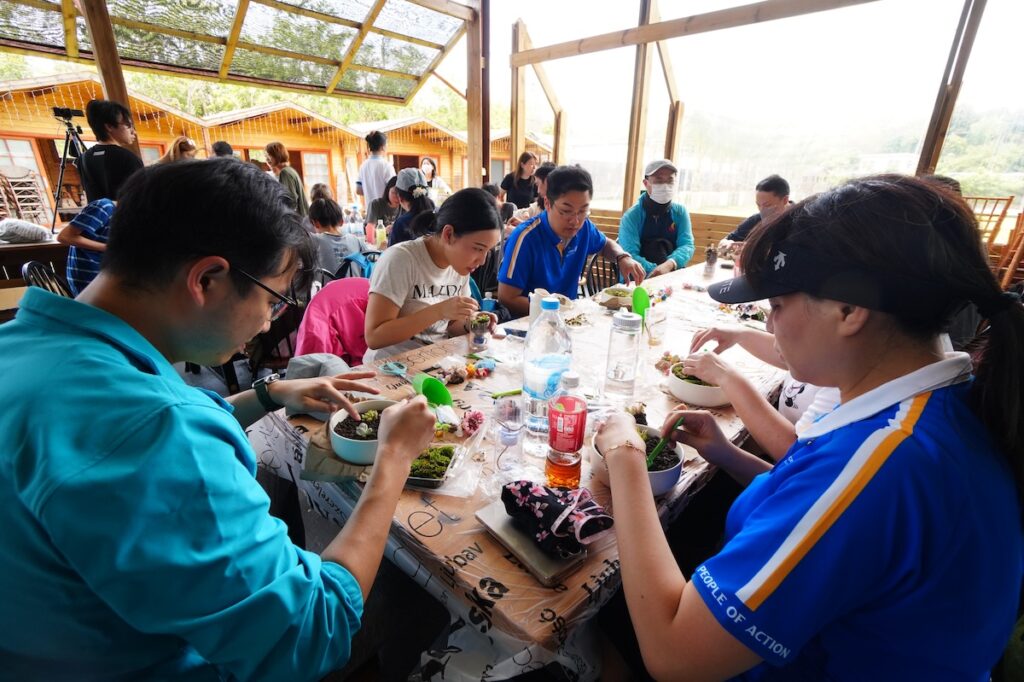
DIY Plastic Bottle Recycling (SDGs 4, SDGs 6, SDGs 11, SDGs 12, SDGs 13, SDGs 14)
Continuing the theme of sustainability, the workshop transitioned to DIY projects using recycled plastic bottles. Participants learned innovative ways to repurpose discarded bottles into functional pot plant containers. This practical exercise not only reduced plastic pollution but also raised awareness about social responsibility and the importance of sustainable consumption patterns. By reimagining waste materials, members left with a sense of accomplishment and a commitment to reducing their ecological footprint.
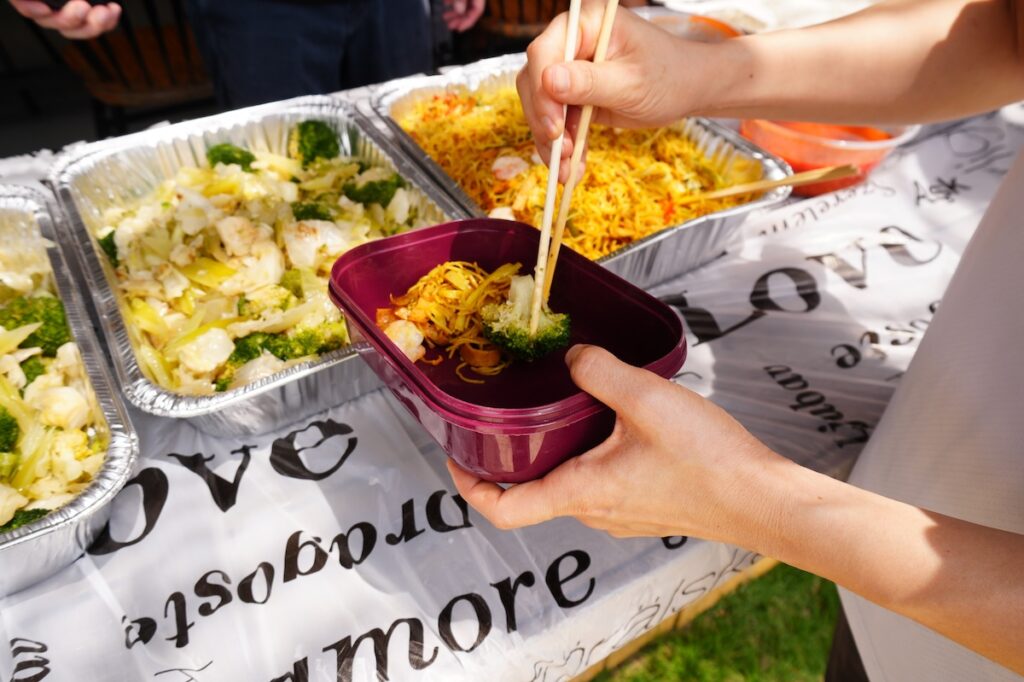
Lunch: A Sustainable Meal
The lunch break featured a buffet-style meal, emphasizing environmental protection using self-brought reusable containers and utensils. Participants washed their dishes with eco-friendly detergent after the meal, reinforcing the event’s commitment to sustainability. The food was delicious, and the sweet, refreshing watermelon and grapes provided by sponsors were a delightful touch, revitalizing everyone for the afternoon activities.
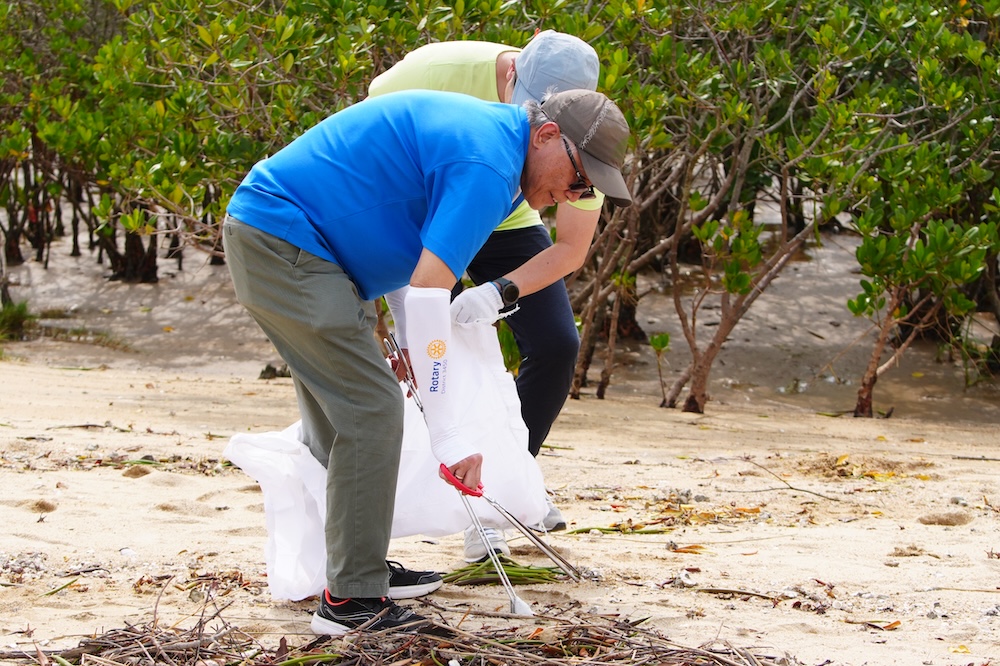
Management of Coastline Mangroves and Terrestrial Invasive Plants (SDGs 11, SDGs 13, SDGs 14)
After lunch, participants ventured out to witness the ecological wonders of mangroves firsthand. They engaged in beach cleaning activities, working together to create a cleaner habitat for marine life while protecting the pristine beauty of the area. This hands-on experience not only fostered a sense of community but also highlighted the importance of maintaining clean coastal environments.
A critical component of the day’s activities was learning about the management of coastline mangroves and the threats posed by invasive plant species. Members were educated on the necessity of environmental management in promoting marine conservation and sustaining ecological balance. They rolled up their sleeves to help remove invasive species like Kandelia candel (水筆仔), recognizing the harmful impact these plants can have on native ecosystems. While it was physically demanding work, the sight of the collected marine waste was encouraging—each participant contributed to the removal of approximately 50 kilograms of invasive plants, making a tangible difference in the local environment.
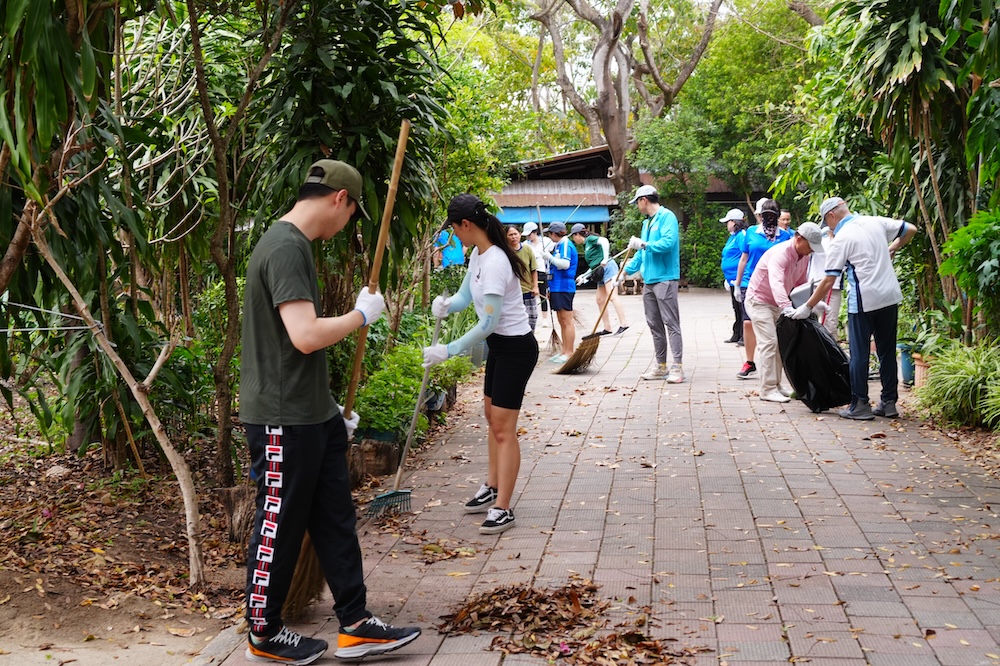
Assisting the Secluded Thai Monks (SDGs 3, SDGs 11)
In a gesture of community support, a small team of us assisted in cleaning the access road leading to a nearby secluded Thai monastery. This effort underscored the day’s theme of caring for those in need while promoting a sense of community integration.
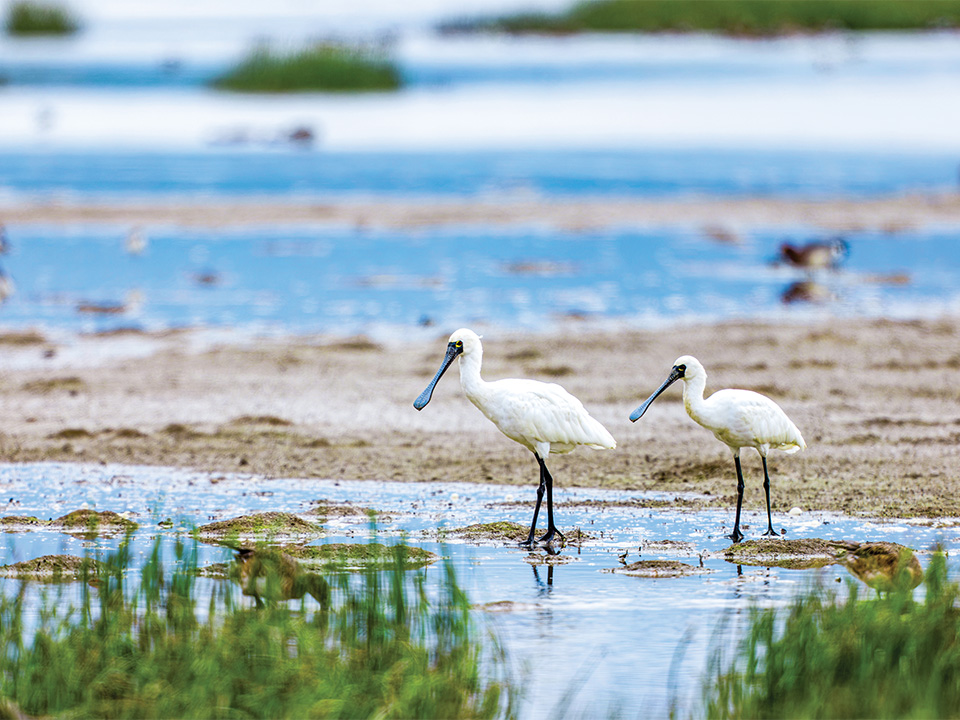
Conclusion
While the sun did not shine brightly enough to showcase Ha Pak Nai’s famous sunsets, the day was far from dull. We spotted egrets (白鷺), fiddler crabs (招潮蟹), and baby mantis shrimps (瀨尿蝦BB), each sighting adding to the richness of the experience. The knowledge gained and the efforts made toward environmental protection were profoundly rewarding. By the end of the day, we not only appreciated the beauty of Ha Pak Nai but also contributed to its preservation, embodying the spirit of sustainability in our own lives. This engaging event served as a reminder that collective action, no matter how small, can lead to significant change, fostering a brighter future for both the community and the environment.
